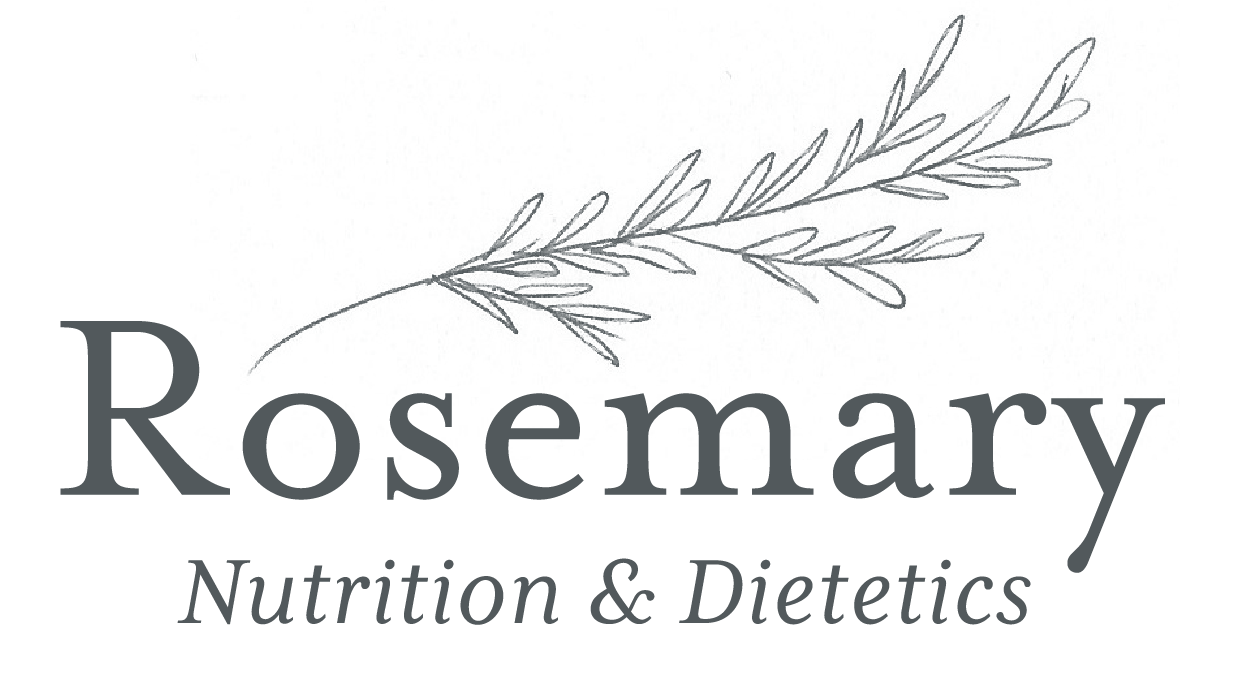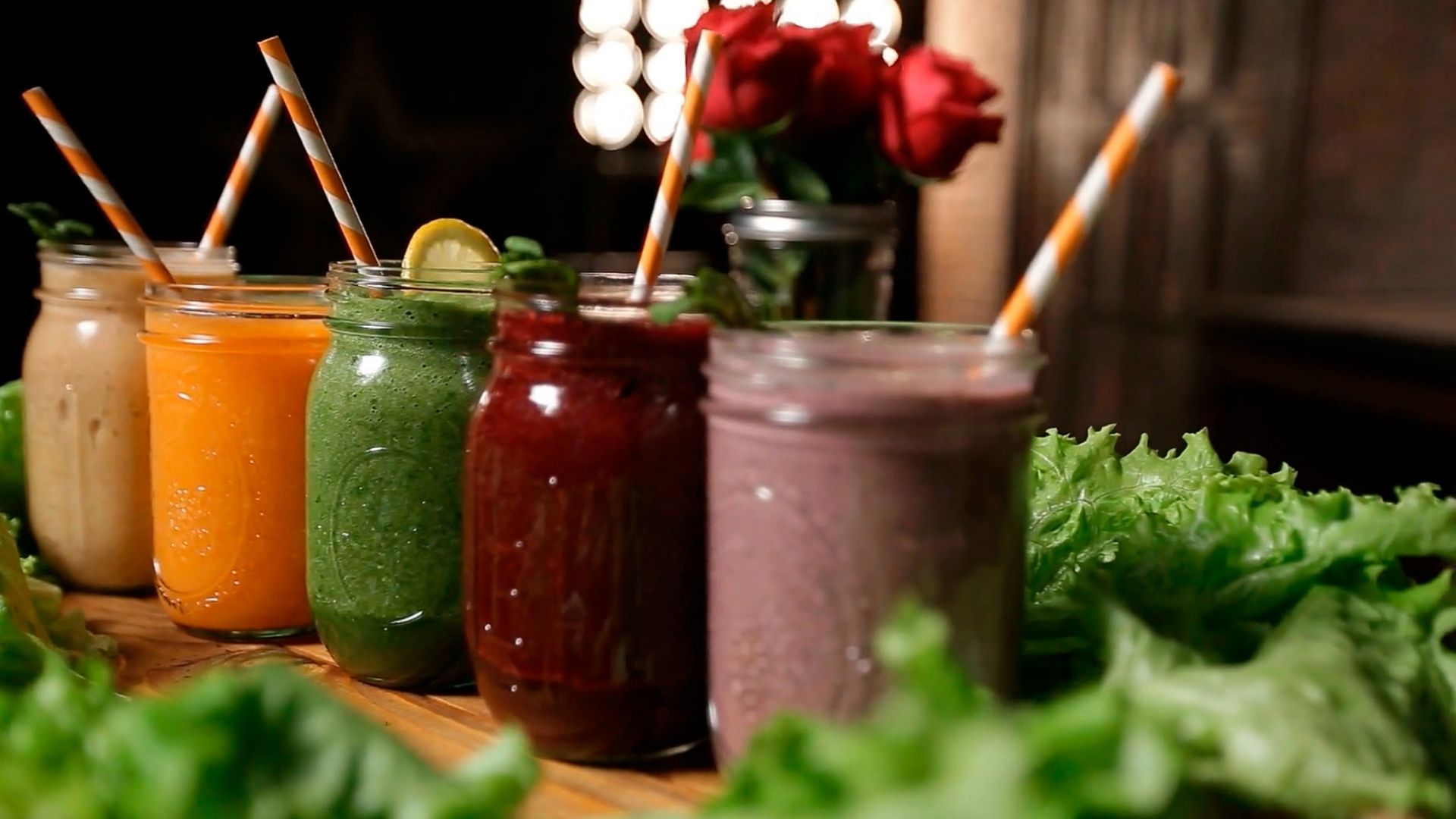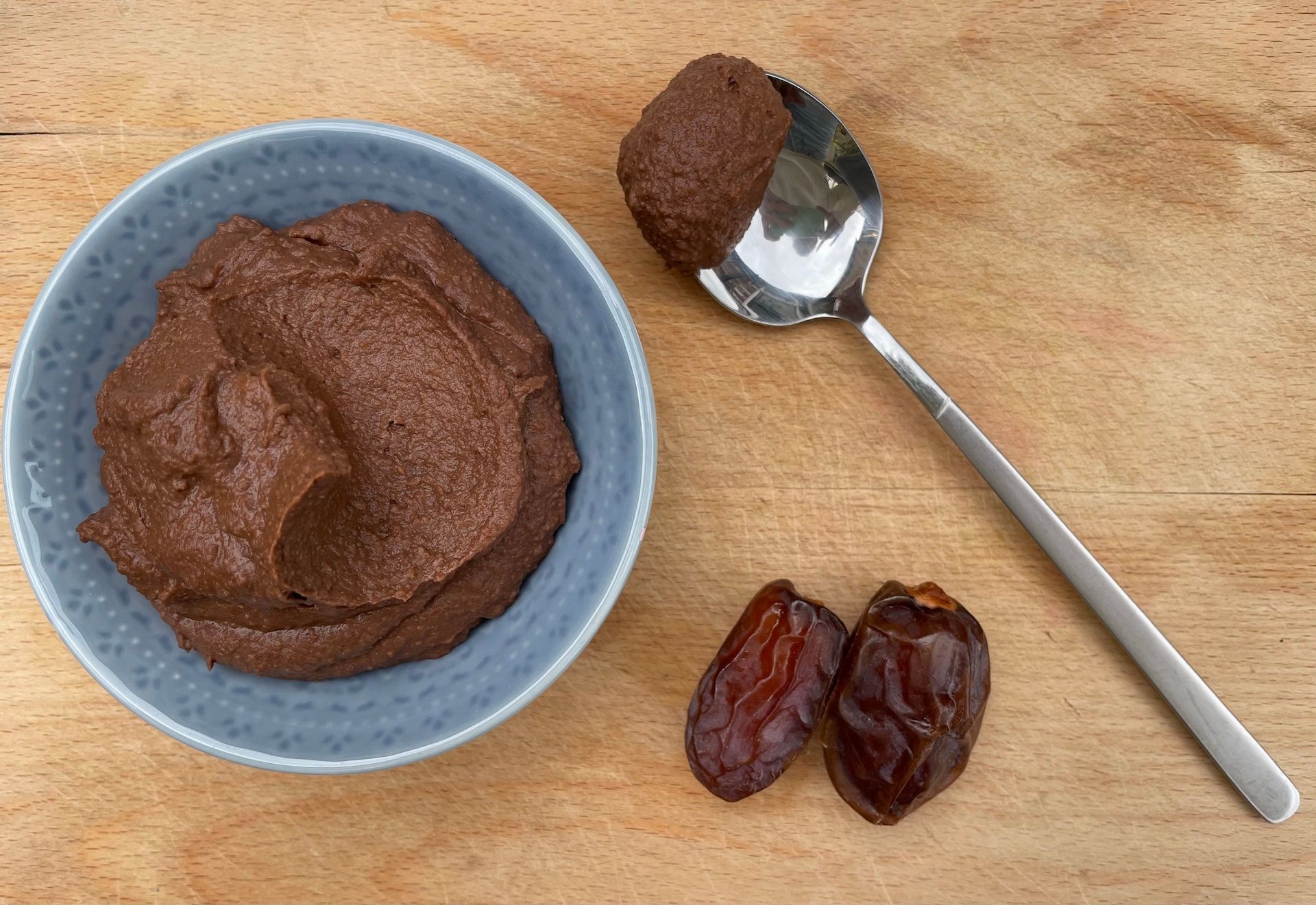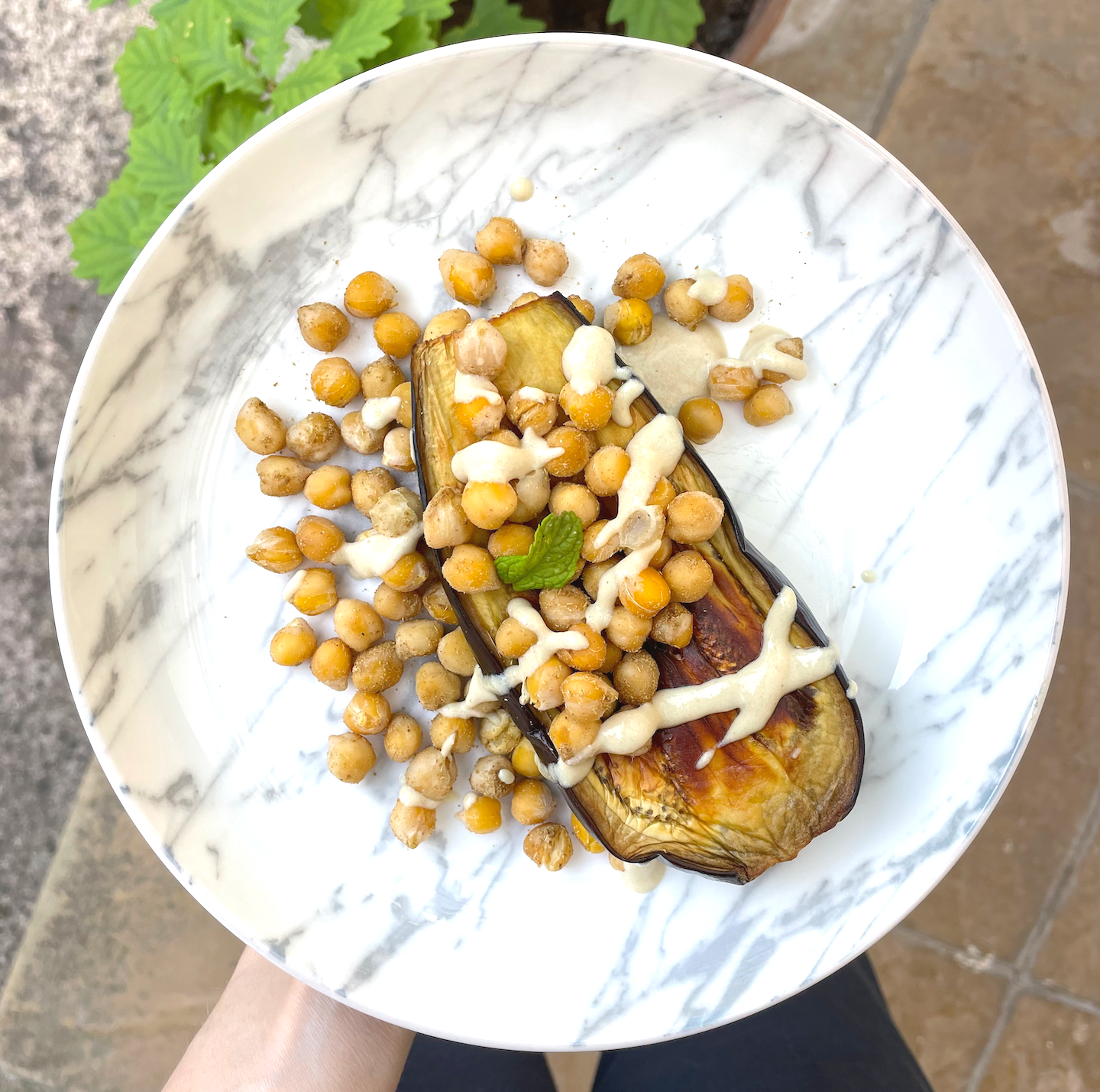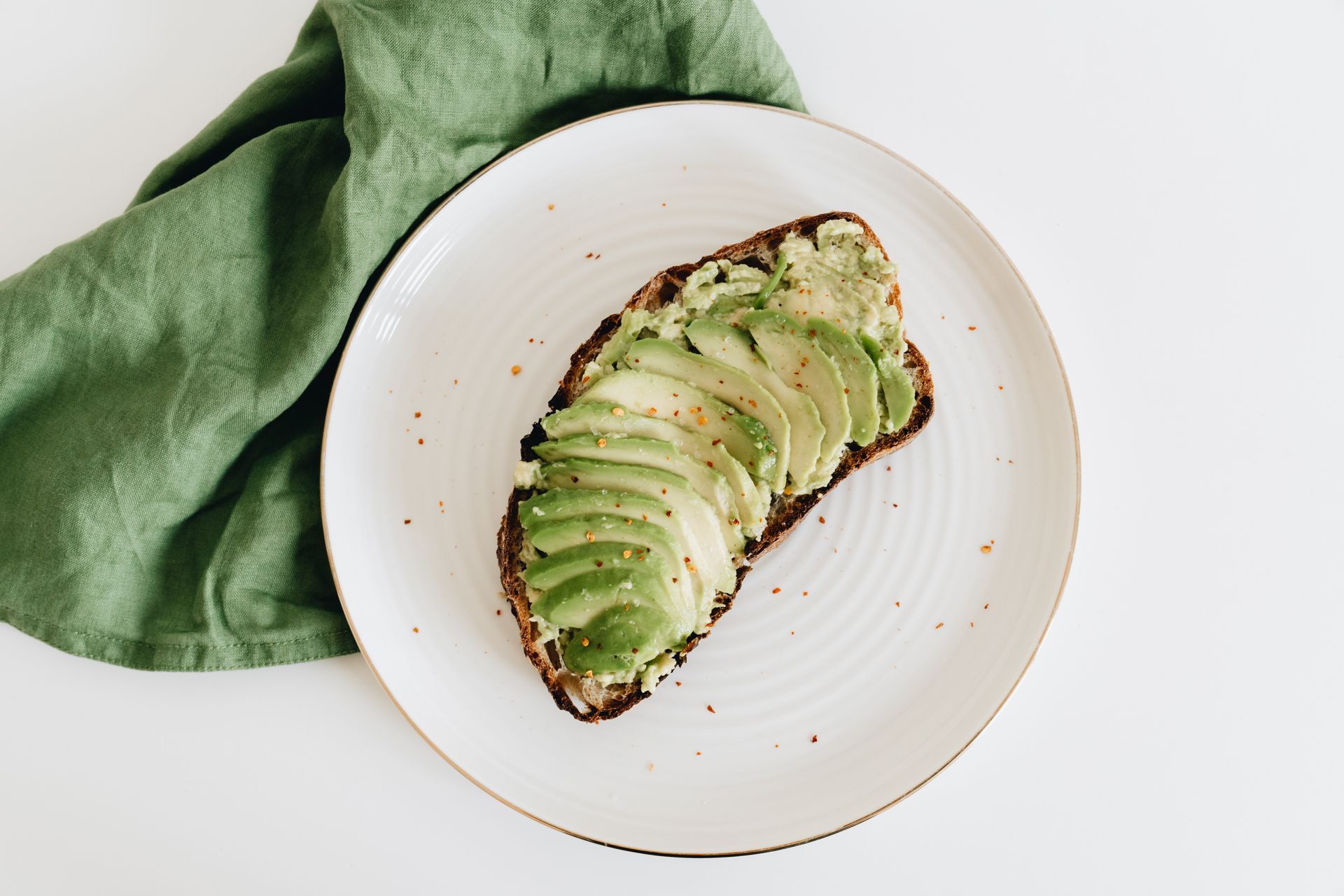Say Hello
Join our newsletter
Join our newsletter
Should Vegans Take Creatine?
Creatine has long been used by elite athletes and body builders to increase muscle gain and improve performance. However, in recent years it’s use and popularity has grown, with your everyday gym goe-ers jumping on the bandwagon and adding creatine monohydrate into their daily routine (1).
But is it worth the hype? Could everyone benefit from supplementing creatine?
What is creatine?
Creatine is a natural substance that our bodies can produce from 3 amino acids; arginine, glycine and methionine. These amino acids are consumed through our diet when we eat protein-rich foods, such as tofu, beans, legumes and animal products. Once in the body, they can be synthesised into creatine by our liver and kidneys (1).
Alternatively, creatine can be consumed in its whole form directly through the diet by eating meat and seafood. More recently, creatine is also being consumed as a supplement, known as creatine monohydrate.
Once in the body, 95% of creatine is stored in skeletal muscle, with the remaining 5% being distributed between the brain and liver (9).
What does creatine do in the body?
Once absorbed from our digestive system, creatine enters its target cells, predominantly muscle cells, dragging water in with it. This influx of creatine and water into the cell, causes it to fill up (think of it like blowing air into a balloon). This swelling is the stimulus that triggers a chain of chemical reactions to take place within the cell (9).
These reactions culminate in the regeneration of the body’s main energy source (ATP). The regeneration of energy within the cells means that they can keep working for harder for longer! Over time, these better-quality workouts result in greater improvements in athletic performance – studies comparing individuals following the same exercise programme have shown that participants consuming a creatine monohydrate supplement could lift up to 32% more and gained 7.2% more muscle mass than those not supplementing (7,10).
What if I don’t eat animal meat?
As the only dietary source of creatine is from animal products, the reduction or removal of these from a vegetarian or vegan diet results in lower creatine stores (4). However, supplementation within these cohorts has been shown to be highly successful in increasing total creatine stores within the cells, plus, many creatine monohydrate supplements are certified vegan.
But I’m not an elite athlete or a body builder… what does the research say about creatine supplementation for individuals whose goal is to stay fit and healthy for as long as possible?
Effect on functional movement
As part of the natural biological process of ageing, three main changes progressively occur to our muscles:
1. Reduced lean tissue (muscle mass)
2. Loss of strength
3. Loss of functional ability
Think about how easy it was to open that new jam jar in your twenties… now in your 50’s those lids just seem tighter! Or think about how quickly you walk… has this slowed as you’ve gotten older? What about getting up from the floor… is this more of a challenge than it used to be?
As we age, these day-to-day movements become more challenging as our muscles become smaller and weaker. As a result of these changes, our ability to conduct daily activities declines and subsequently so too does our quality of life.
Several studies have sought to determine the effect of creatine on older adults’ muscle mass by randomly splitting participants into two groups (2). During these studies, both groups follow the same exercise regimen over the same period of time. The only difference being that one cohort are supplemented with creatine monohydrate, whilst the other group are not. These studies have demonstrated that the supplemented group have greater improvements in their lean muscle mass and functional movement, showing significant improvements across a range of metrics; from improved sit to stand times, gate speed, muscle strength and coordination.
Therefore, the research indicates that supplementation of creatine monohydrate alongside resistance training could help you maintain muscle mass as you age, and therefore allow you to stay independent and keep living your life for longer (2,3).
However, it is important to note that creatine on its own is not a magic pill, the supplement helps to maximise the benefits of the resistance training – but without the stimulus i.e., lifting weights, then the benefits are unlikely to occur.
Effect on bone health
Similar to the studies investigating the effect of creatine on our muscles, researchers have also considered the effect of creatine supplementation on bone health. In a 2-year study, researchers randomised 200 post-menopausal women into two groups. Both groups undertook the same exercise regimen and supplemented with calcium and vitamin D as per the current guidelines for osteoporosis prevention. However, half of the women were also given a supplement of creatine monohydrate. At the end of the study, bone scans showed improved bone geometry, especially around the hip region, in the supplementation group compared to the exercise only group. In practice, this means that the bones may be able to withstand more force and therefore be less prone to fracture following a fall. These findings reflect previous studies conclusions when looking at younger adults, where the supplementation of creatine monohydrate has been found to reduce bone breakdown, meaning bones stay stronger for longer! (2).
It therefore appears that weight bearing exercise plus creatine monohydrate supplementation could prove the perfect tag team when trying to deter our bodies natural decline as we age.
Emerging research also suggests that creatine supplementation’s benefits may not be limited to our physical health.
What about mental health?
Several studies have demonstrated creatine’s ability to cross the brain's highly selective protective barrier and shown that regular supplementation results in increased concentration within brain cells. Emerging evidence has linked this increased level of creatine within the brain with beneficial effects on cognition and memory (5,6,8,10).
In one study, when subjects performed a simple mathematic equation, those supplementing with creatine monohydrate showed improved working memory and processing speed (11). Meanwhile, another investigating cognitive function in elderly participants found that supplementation greatly improved their cognition and performance on long term memory tasks (5,6).
That being said, it is important to take these findings with a pinch of salt, as other studies have failed to replicate these findings - so the jury is still out regarding whether creatine can actually help our mental health or brain function.
The differing results between studies appears to depend not only on the dose and duration of supplementation, but primarily on an individual’s starting brain creatine levels. The greatest benefits are seen within individuals with a lower starting point. Surprisingly, despite differences in muscle creatine concentration between omnivores and vegans, brain creatine levels appear similar (4).
Some clinical conditions, such as depression, are characterised by reduced brain creatine concentration. As a result, more recent research has focused on the effect of creatine supplementation within this clinical population (5). Excitingly, small-scale human studies indicate a potential beneficial role of creatine supplementation when used in conjunction with traditional medical interventions in the treatment of different symptoms of depression. However, larger scale randomised control studies are needed – so, again, watch this space (8,11).
Is creatine safe to take?
Creatine is one of the world’s most well-researched supplements. The consensus amongst the scientific community is that habitual creatine supplementation has no negative consequences over the short or long term. Researchers have even trialled extremely high doses (some even as high as x10 the recommended intake) in a range of populations and across the lifespan, from infants to the elderly. Within all these cohorts, no negative consequences have been observed (9).
Please note: if you have a medical condition, you should speak to a health professional before starting any new supplements. Creatine is not advised in those with chronic kidney disease.
Will I gain fat whilst taking creatine?
One of the most common criticisms of creatine is the myth that is causes you to gain fat – but as I say, this is a myth (1). The answer to whether the number on the scale will change when taking creatine is slightly more nuanced…
Older research suggested that an increased number on the scale may occur due to the way creatine moves through the body. As we mentioned earlier, as creatine is absorbed from the small intestine and enters the cells, it drags water in with it. As a result of the cells being fully hydrated, the number you see on the scales may increase, but it’s not fat… it's water (1).
More recent research has added some nuance to this ‘weight gain question’, with more modern studies indicating that the occurrence of water retention is heavily influenced by the supplementation regimen the individual undertakes. Whilst individuals may experience some water retention in the initial stages of supplementation (the first few days), this is typically more pronounced when undertaking a ‘loading phase’, where large doses are taken over a short period of time to saturate the cells rapidly (9). However, when a lower dose is taken over a longer time period, weight gain is less likely. As they say, slow and steady wins the race!
How much creatine should I take?
The typical recommendation for creatine supplementation for all ages and genders is 3 – 5g (1). After 2 – 4 weeks the cells are likely to be saturated and you should start to feel the benefits in the gym. You might find you can work out for longer without feeling so fatigued, lift a heavier weight or move that bit faster.
Some individuals (mainly athletes) may want to saturate their cells rapidly and start feeling the benefits as soon as possible. This can be achieved by undertaking a ‘loading phase’ of approx 20g for 5 – 7 days (9). However, after this phase a maintenance dose of 3 – 5 g is then advised (1,9).
To meet 3 – 5g of creatine per day through diet alone, you would have to consume A LOT of animal products. For example, you would need to eat 1kg of steak to provide 5 grams of creatine. This quantity of meat is not advised for anyone in the population. This is where supplementation is simply cheaper and more practical (and vegan!).
Does it matter when I take creatine?
Unlike other supplements, the timing of creatine supplementation doesn’t make a difference to its effectiveness. So, take it when works for you. Perhaps try adding it into your morning smoothie or have it in your coffee at work – whenever works for you is the perfect time!
Take home message
There is no blanket recommendation for all vegans or plant-based eaters to supplement with creatine. But, if you are frequently strength training and aiming for increased muscle strength and size, then, as we have seen, creatine may be a useful supplement for you to add (whether you are vegan or not!). And remember, creatine is an 'addition'... the fundamentals remain. Aim to optimise your diet, lifestyle and exercise for performance before relying on a supplement to get you there.
Blog written by: Samantha Coates, BA and Student Dietitian.
Hello! I'm Rosie, a vegan and plant-based registered dietitian, I work to support NHS staff with their health, wellness and nutrition, and I am founder of Rosemary Nutrition & Dietetics.
If you want more from us, sign up to our mailing to list via the contact page to receive a free 7 day meal plan with recipes and a shopping list, plus extra freebies via email.
You can contact me at
rosie@rosemarynutrition.co.uk or follow me on Instagram at
@plantdietitianrosie.
References
- https://www.ncbi.nlm.nih.gov/pmc/articles/PMC7871530/
- https://www.ncbi.nlm.nih.gov/pmc/articles/PMC6518405/
- https://pubmed.ncbi.nlm.nih.gov/29138605/
- https://pubmed.ncbi.nlm.nih.gov/32349356/
- https://pubmed.ncbi.nlm.nih.gov/19773644/
- https://pubmed.ncbi.nlm.nih.gov/17828627/
- https://pubmed.ncbi.nlm.nih.gov/29214923/
- https://www.ncbi.nlm.nih.gov/pmc/articles/PMC1691485/
- https://jissn.biomedcentral.com/articles/10.1186/s12970-017-0173-z
- https://pubmed.ncbi.nlm.nih.gov/10449017/
- https://pubmed.ncbi.nlm.nih.gov/11985880/
- https://www.researchgate.net/figure/Creatine-Content-in-Select-Foods_tbl3_227249571
